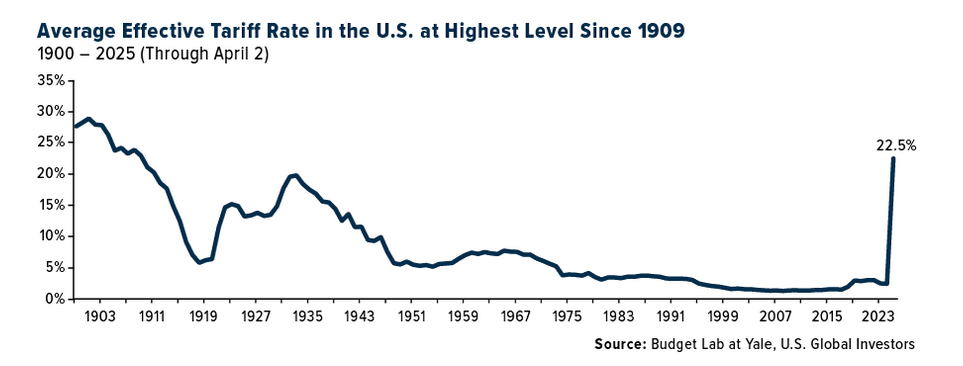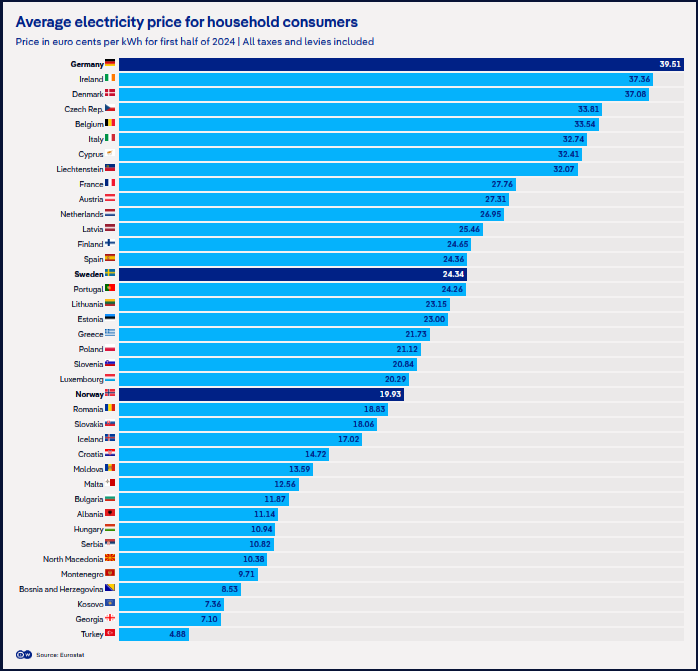Some investors believe that economic growth always leads to higher stock market returns. However this is not always the case. A recent report in The Wall Street Journal by Peter Stein confirms this point again quoting research by Nomura and Professor Jay R.Ritter of the University of Florida.
From the report titled “Growth Doesn’t Always Boost Stocks“:
Investors buying stocks in China should be able to rack up gains comparable to growth in the broader economy. Right?
Wrong. Between 1993 and 2010, China’s gross domestic product expanded by an inflation-adjusted compounded annualized rate of 9.5%, while the real return on its domestic stocks clocked in at a far more modest 2.2%, according to a report by Nomura Holdings Ltd., even taking into account blowout years like 2009, when the Shanghai Composite index surged 80%.
So far, 2011 hasn’t been a great year for investors betting on growth in world’s fastest-growing economies. The Standard & Poor’s 500-stock index, for example, has outperformed the MSCI Asia Pacific Ex-Japan index by nearly eight percentage points since the end of last year, and 12 percentage points since the beginning of October.
Yes, that is likely a short-term phenomenon. Research suggests, though, that long-term, revved-up GDP growth doesn’t translate into outsize gains in a country’s stocks.
Many of the emerging markets such as India, Brazil, China, etc. are lagging in terms of equity market performance so far this year relative to continuing economic growth. So investors have to take into factors other than just economic growth in evaluating countries for investment opportunities.



